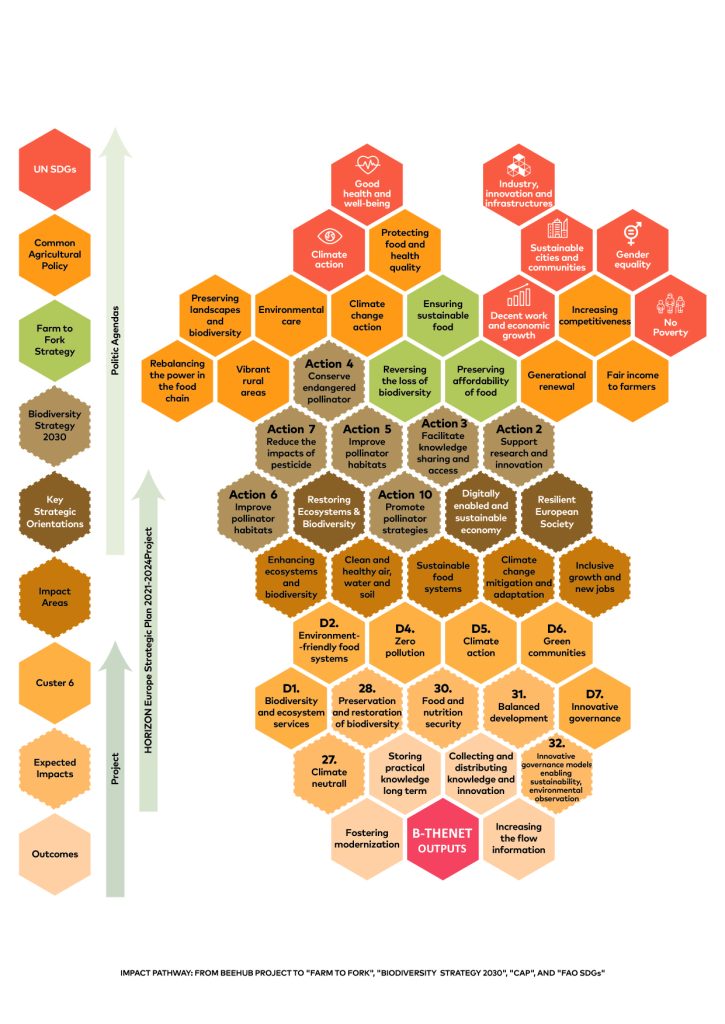B-THENET Thematic Network “Best Practices and Innovations for a Sustainable Beekeeping”
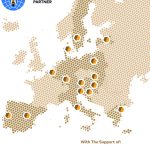
Nelle giornate del 15 e 16 settembre 2022 si è svolto presso la sede Centrale della FAO di Roma il kick off meeting del progetto B-THENET (Best Practices and Innovations for a Sustainable Beekeeping), il primo Thematic Network dell’apicoltura europea, coordinato dall’IZSLT, con il coinvolgimento di 18 partner europei secondo un approccio multi-attore. Nel progetto si confronteranno Istituti di Ricerca (IZSLT, HAO, INHORT, UHOH), Università (UCM, UNIZG, UVLF, UGENT, UGRAZ, UVMB), Associazioni di Apicoltori Internazionali (APIMONDIA) e Nazionali (BIAVL, SBA), NGO Europee (BEELIFE), Centri Specializzati nella formazione degli Advisors (SLU), Centri Specializzati nelle Scienze Sociali e Umane (LLU) e Agenzie di comunicazione e disseminazione (LOBA e APRE).
Obiettivo del progetto è modernizzare l’apicoltura europea mediante la selezione e validazione delle buone pratiche apistiche e delle innovazioni in apicoltura, utilizzando una metodologia bottom-up che permetterà di popolare due piattaforme online.
Solo le pratiche che soddisferanno le esigenze degli apicoltori, efficaci e “pronte all’uso”, saranno discusse nella piattaforma pubblica del progetto (“Exchange”) ed in 13 Centri Nazionali, per tenere conto delle differenze tra territori e adattare le pratiche alle diverse regioni climatiche, attrezzature impiegate, genetica delle api e caratteristiche socio-economiche dei paesi. Questo approccio permetterà di definire delle “Best Practices” a livello europeo. Uno studio sociologico delineerà i canali più consultati dagli apicoltori per massimizzare la diffusione delle pratiche in una specifica piattaforma (“Repository”), che sarà istituita per condividere le Best Practices in 15 lingue dell’UE. Il flusso di informazioni sarà supportato dai 13 centri nazionali, 3 centri internazionali e dagli eventi di formazione pianificati (312 a carattere nazionale e 6 internazionali), 1 manuale sulle Best Practices a livello europeo e delle linee guida per gli Advisors in apicoltura.
————————–
The B-THENET Thematic Network implements a multi actor (MA) approach to modernize the EU beekeeping sector, sharing knowledge that is ready to be put into practice, while fostering innovation and digitalization.
Beekeepers will be advanced toward more economically viable and sustainable beekeeping through the knowledge sharing and training of useful and applicable best practices.
Our MA approach engages the entire apiculture sector (beekeepers, advisors, researchers, policymakers, industry, consumers, etc.) to collect, categorize and help select best practices and applicable research findings not sufficiently known, using a bottom-up methodology that populates two accessible platforms (“Practices” and “R&I”).
Only practices that meet beekeepers’ needs, are effective and ready to use, will be selected, shared and customized in our public platform (“Exchange”) and in national subnetworks (13 National Centres), so we can take into account the differences between territories, and adapt practices to specific regions, languages, equipment, bee genetics, diseases, and the operational scale of beekeeping.
This approach will support the setting-up of tailored and validated best practices.
A sociological study will map out the channels most consulted by beekeepers to maximise the dissemination of practices in a specific, long-term platform (“Repository”), which is set up to share best practices in appealing, easy to understand, audio-visual materials, translated into 15 EU languages.
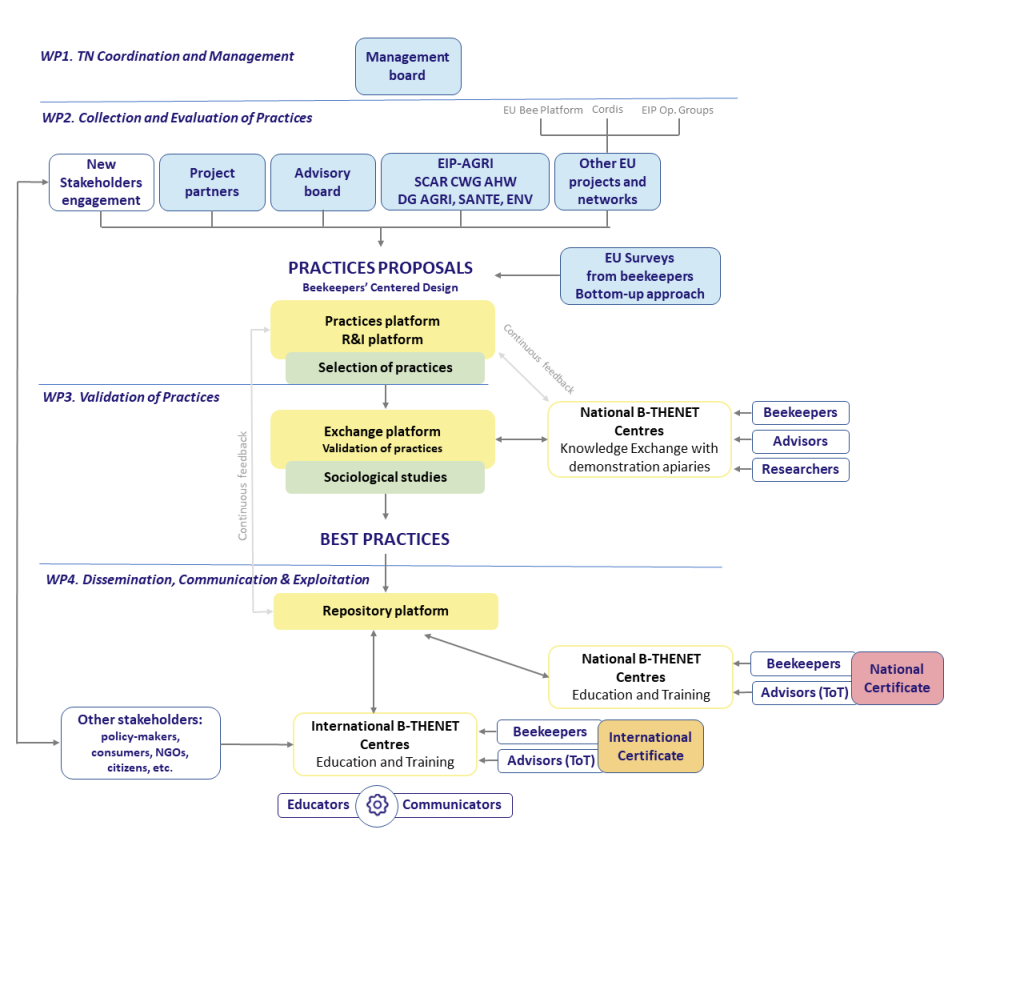
The flow of practical information will be supported by the 13 National Centres, 3 International Centres and by the targeted events (312 national and 6 international), 1 EU manual on best practices, and 1 set of guidelines for advisors in beekeeping, thus contributing to a rapid cross-fertilization process and to a greater acceptance of the final outputs.
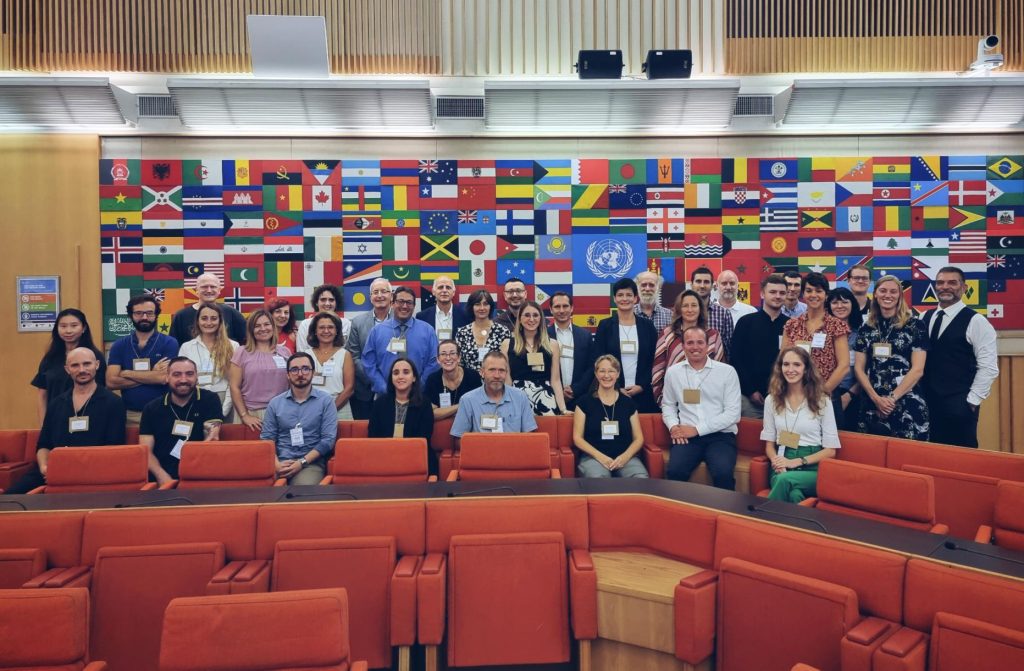
The consortium consists of a balanced mix provided by research organizations (IZSLT, HAO, INHORT, UHOH), universities (UCM, UNIZG, UVLF, UGENT, UGRAZ, UVMB), international (APIMONDIA) and national (BIAVL, SBA) beekeepers’ associations, European NGO (BEELIFE), specialized centre for advisors training (SLU), specialized centre for social sciences and humanities (LLU) and specialized agencies on communication and dissemination activities (LOBA and APRE). In the same time, other organizations will collaborate as CP with the TN partners in each country: national beekeeping associations (for UCM: AsociaciĂłn de Apicultores de Guadalajara, Aula ApĂcola Sierra de Hoyo, Asociacion de Veterinarios Especialistas en Sanidad y Producion Apicola de España and FundaciĂłn Amigos de las Abejas; for HAO: Federation of Greek Beekeepers’; for UNIZG: Associations of Croatian Beekeeper; for INHORT: Krakow Beekeepers Association; for IZSLT: Associazione Romagnola Apicoltori; for UGENT: Vlaams Vulgarisatiecentrum voor Bijenteelt; for UHOH: Deutscher Imkerbund; for LLU: Latvian Beekeepers Association; for UVMB: National Hungarian Beekeeping Association; for UGRAZ: Biene Ă–sterreich; for LOBA: Portoguese Federation of Beekeepers; for SLU: Swedish Beekeepers Association and Swedish Professional Beekeepers) and research institutions (for BIAVL: University of Aarhus; for SBA: Veterinary Faculty of the University of Ljubljana and the National Veterinary Institute of Slovenia).
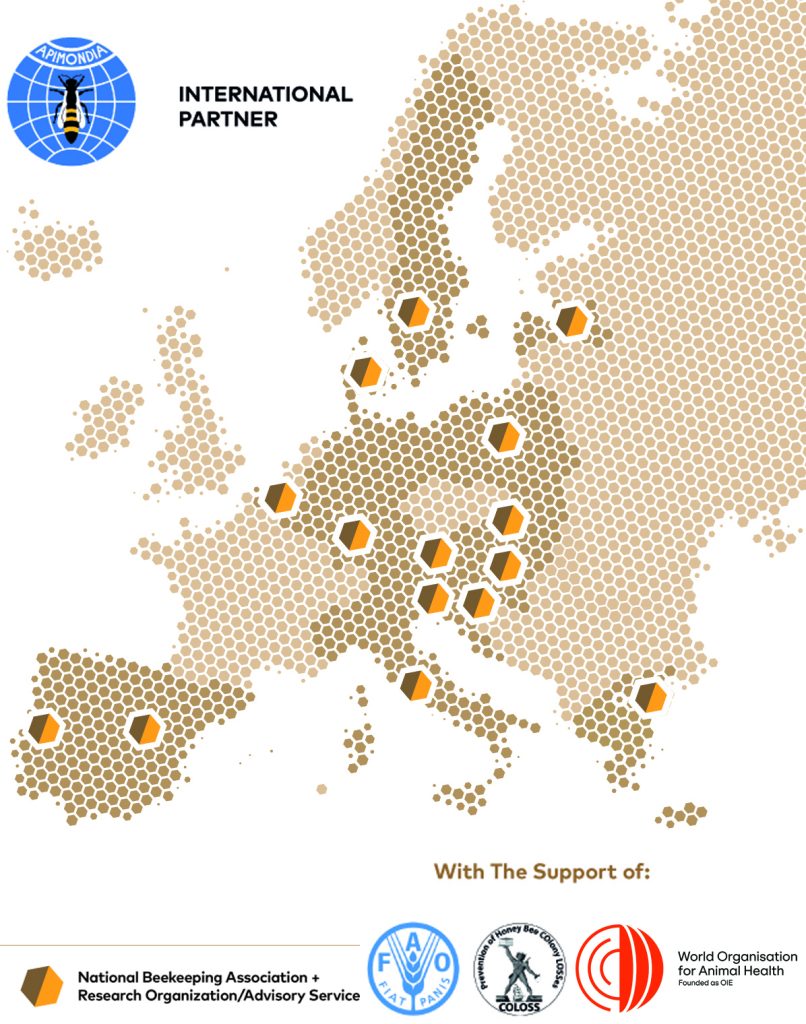
The Advisory Board (link) is composed of representatives of veterinarians (Federation of Veterinarians of Europe), international research association COLOSS (connecting 1,769 Bee Researchers from 104 Countries), national and international reference laboratories for beekeeping (like IZSVe, Friedrich-Loeffler-Institut, EU Reference Laboratory for Bee Health – EURL), international research consortium (DISCONTOOLS), advisors services in EU (Bayerische Landesanstalt für Weinbau und Gartenbau), cooperatives and honey industry (CONAPI, with more than 600 beekeepers, about 2,500 tonnes of honey/year; UNION FOOD-IT), and policy-makers (Nemzeti Agrárgazdasági Kamara and the President of the technical table farmer-beekeepers placed at IT Ministry of Agriculture), beekeeping portal (Apiservices: the largest beekeeping portal of the world), consumer’s’ organisation (Altroconsumo, the largest consumers’ organisation in IT).
The impacts of the B-THENET Thematic Network
